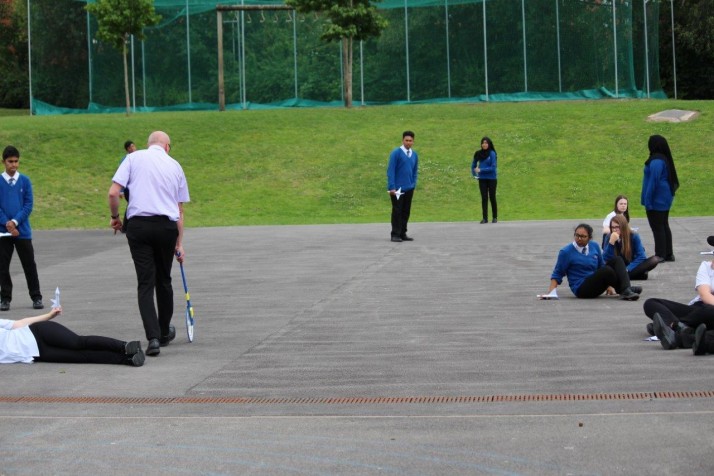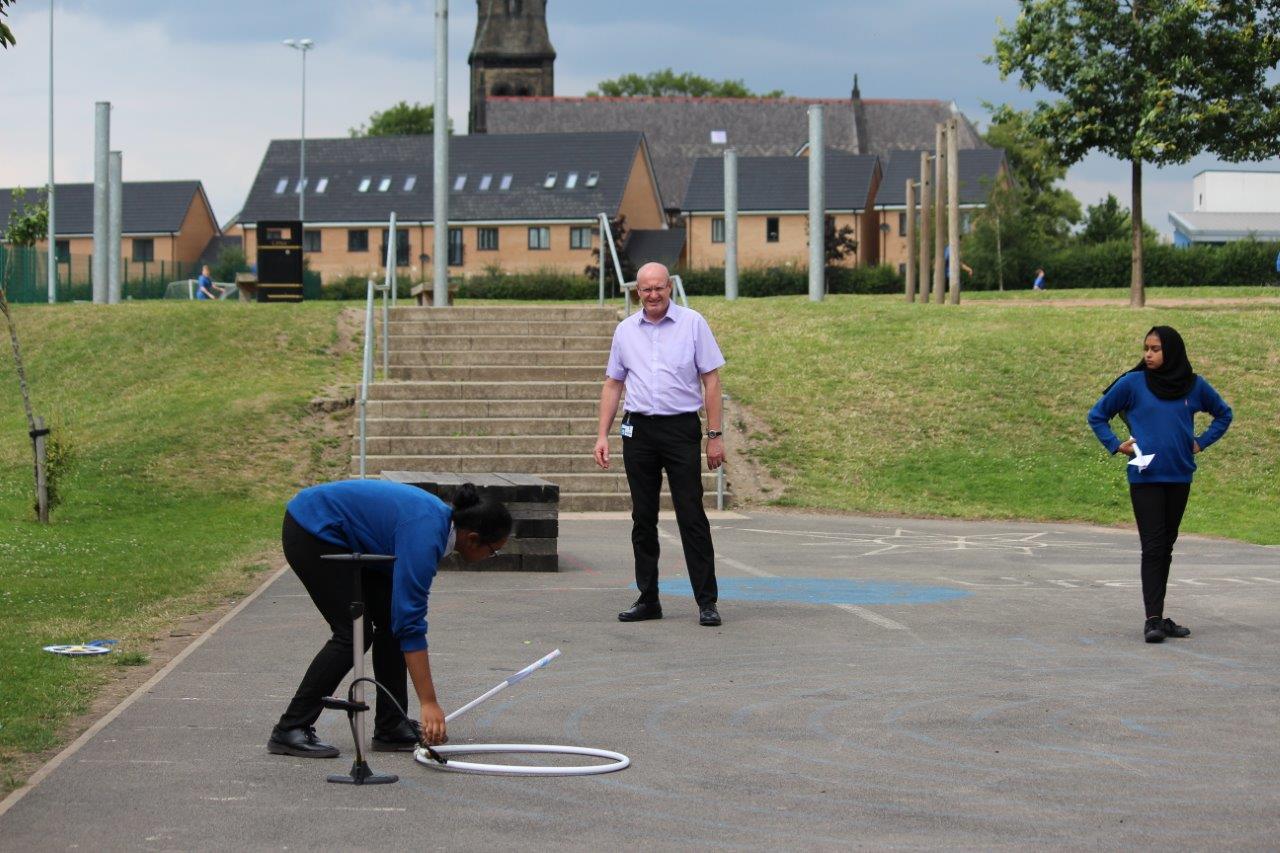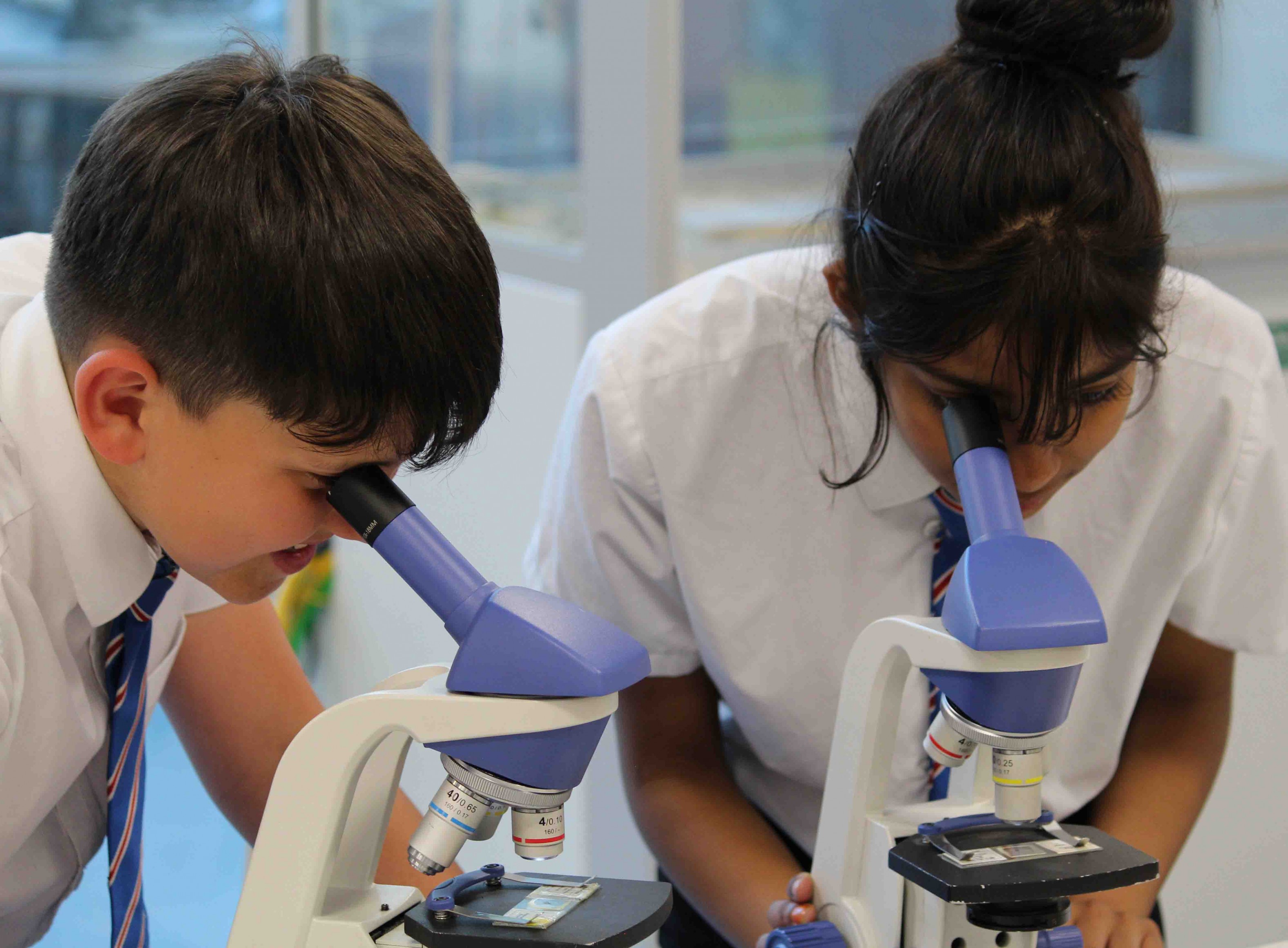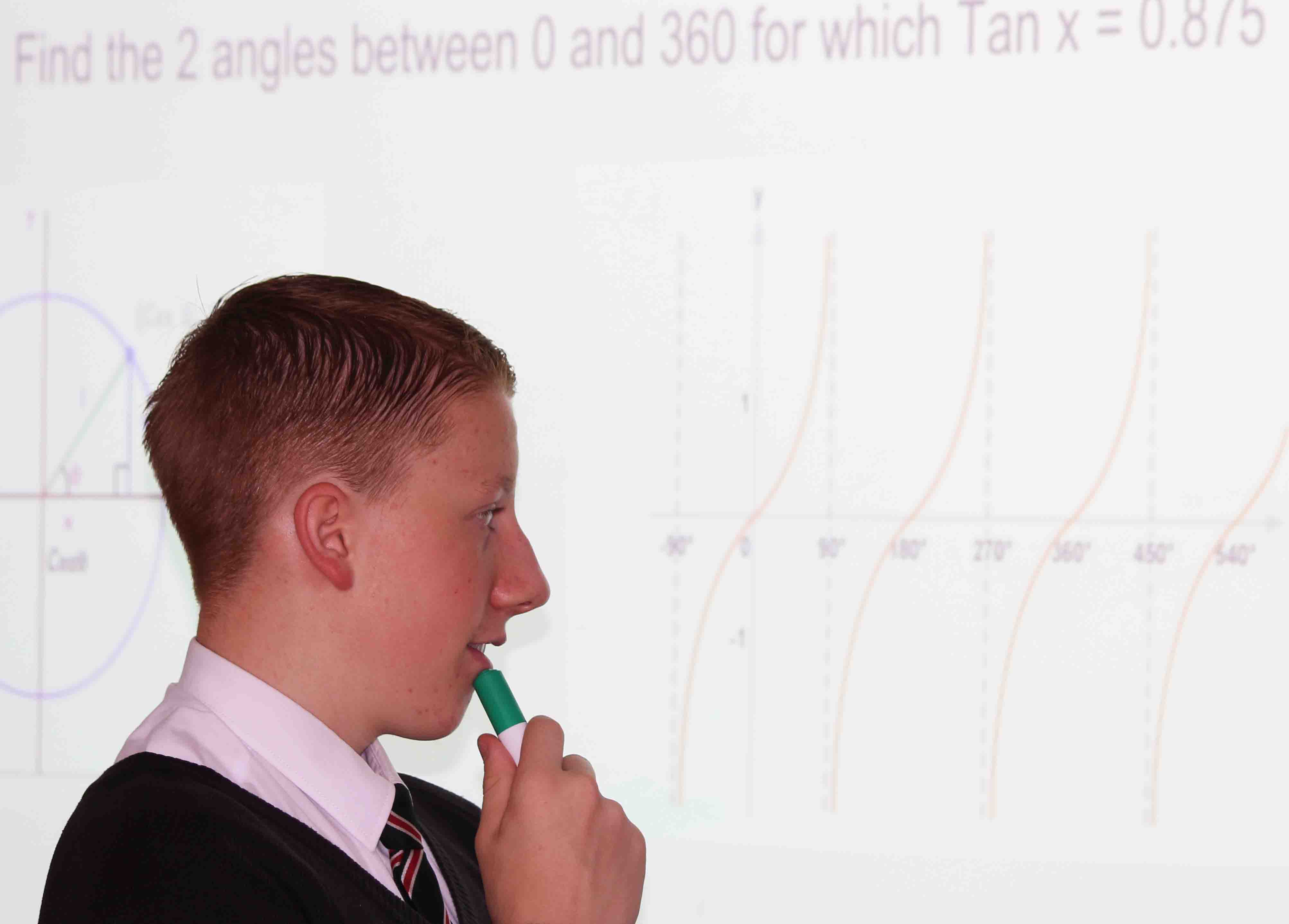Year 7 Science
During Year 7 in Science, students will cover the following topics;
- Cells
- Particles
- Energy
- Reproduction
- Periodic Table
- Electricity
- Organisms
- Acids and Alkalis
- Sound
- Skeletons

Cells
Cells gives an overview of animal and plant cell structure, looking into how cells specialise for specific tasks.
Particles
Particles gives an overview of particle theory. The properties of solids, liquids and gases are explored. Students also look at the behaviour of particles during state changes, diffusion and dilution.
Energy
Energy is all around us but how does it transfer and change? We look at energy systems and how we quantify the energy in the system. Using domestic situations we compare how different devices use energy in differing amounts and how much this will cost us. How does this impact on both the materials chosen for the job and overall energy and fuel resources?
Reproduction
Students will learn about reproduction in humans including the structure and function of the male and female reproductive systems, menstrual cycle, fertilisation, gestation and birth. Students will also learn about reproduction in plants.
Periodic Table
Students will learn the difference between atoms, elements, mixtures and compounds. Students will also explore the history and development of the periodic table of elements.
Electricity
Electricity is all around us in our gadgets and devices, but what is it? How do we measure it and how do circuits work. We will investigate electrical current, how it flows in circuits and factors and components that can affect it. We also explore why some materials are able to conduct electricity and some are not.
Organisms
Students will learn about relationships in different ecosystems, human food security.
Acids and Alkalis
Students will explore the difference between chemical and physical changes. Students also will learn about the reactions of acids and alkalis.
Sound
Investigating the phenomenon of sound; how does it get to us, how do we humans detect it, why is thunder always after lightning? What factors affect how a sound is experienced by us and how fast does it travel in different materials? Just some of the questions we aim to investigate.
Skeleton
The skeleton topic gives an introduction to the structure and functions of the human skeleton and the interaction between the skeleton and muscles.

Year 8 Science
During Year 8 in Science, students will cover the following topics;
- Respiration and Exercise
- Separating Techniques
- Light
- Digestion
- Chemical Reactions
- Motion Forces
- Genetics
- Heat
- Space
- Unicellular Organisms

Respiration and Exercise
Students will learn about the circulatory system and blood. This will be followed by how we breathe and how we use the oxygen taken in to provide energy through the process of respiration.
Separating techniques
Students will learn about how you can separate different mixtures using: filtration, evaporation, chromatography and distillation.
Light
Using equipment we can model how the eye and simple cameras captures light and focus it. We investigate how different surfaces affect light in different ways and how light travels from sources. Why do we see colours?
Digestion
Students will learn about a healthy balanced diet, deficiency diseases, and the structure and function of the digestive system.
Chemical reactions
Students will explore different chemical reactions and will learn why and how they happen. Students will also explore combustion and learn about the impact of global warming on our planet.
Motion Forces
Pushing and pulling are forces. How could we show them on diagrams and how can we work out the size of them? How do they affect motion?
Genetics
Students will learn about variation, inheritance and the development of the DNA model.
Heat
Why do some objects feel hot and some don’t? How does the heat move from one object to another when they heat up and cool down? Can the movement be made easier or harder with the materials we use?
Space
Where exactly does Earth exist in the vastness of Space? How far away are we from other bodies in space and what are they like? Did you know the Earth’s position affects the length of the day during the year and why we have seasons?
Unicellular Organisms
Students will explore the world of the very small, looking at unicellular organisms and some of the processes going on inside them.
Year 9 Science
During Year 9 in Science, students will cover the following topics;
- Plants
- Metal Reactions
- Electricity II
- Action Forces
- Rocks
- Biological Concepts
- Chemical Concepts
- Physics Concepts

Plants
Students will observe animal and plant cells and learn about their structures. The topic also covers photosynthesis and respiration in plants.
Metal Reactions
Students will learn about different properties of metals and non-metals. Students will then explore different metal reactions and link this to reactivity.
Electricity II
Developing our understanding of the workings of electrical circuits through models we look at resistance and how to calculate it. We look at what electricity produces as it flows through a wire when straight and when coiled which will lead us into investigating electromagnets.
Action Forces
Pushing, pulling, squashing, stretching and turning. All these actions on objects are forces. How could we show them on diagrams and how can we work out the size of them? What factors work to try and stop them working efficiently? Do force fields only exist in Star TrekⓇ or are they real?
Rocks
Students will learn about the difference between the three main types of rock. They will also learn about how they are formed in different ways and how this links to their properties.
Biological Concepts
This forms a transition unit between KS3 and KS4 Biology. It revises key concepts learnt across all years of KS3 in preparation for the GCSE course starting in year 10.
Chemical Concepts
This forms a transition unit between KS3 and KS4 Chemistry. It revises key concepts learnt across all years of KS3 in preparation for the GCSE course starting in year 10.
Physics Concepts
This forms a transition unit between KS3 and KS4 Physics. It revises key concepts learnt across all years of KS3 in preparation for the GCSE course starting in year 10.


